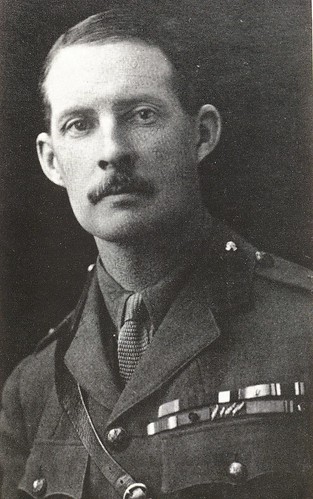Over at LewRockwell.com, writes “Bionic Mosquito”:
Barzun identifies the Great War, and at it roots the transition from classical liberalism to a socialist society, as the beginning of the end for Western civilization. It seems to me that we are now living through the final convulsions, as witnessed by the remaining centralizing structures acting and reacting almost reflexively to maintain and extend control in the face of the inevitable progression toward decentralization.Also at LewRockwell.com, writes Ryan McMaken:
Europe during the bourgeois century was certainly no utopia. The new cities were filled with disease, pollution, and crime. Medical science had yet to achieve what it would in the twentieth century, and of course, standards of living remained low when compared to today. But even if we consider these problems, which plague many societies even today, the enormous gains made for ordinary people, thanks to industrialization and the rise of free trade, were fostered all the more by the rise of classical liberalism which actively sought to avoid war, political repression, and economic intervention as the means to a more prosperous society.Too at LewRockwell.com, writes Eric Margolis:
As a former soldier and military historian, I’ve always felt that WWI was the most tragic conflict in modern history: a totally avoidable madness that wrecked Europe’s glittering civilization and led directly to World War II, Hitler and Stalin.Tea at Trianon provides a quote regarding August of 1914.
Over at his weblog Royal World, Theodore Harvey gives some thoughts on democracy. More August musings from Royal World.
Says Peter Hitchens in a Mail on Sunday column:
The best thing would be to get the old hereditaries back, but our media and political classes are too stupid and malevolent to allow that.At his blog, Mr. Hitchens also says:
The Wiki Man continues to dispute clear facts about the British declaration of war on Germany in 1914, available to any interested party, claiming that they are matters of opinion.He even suggests that (despite it being well known to everyone interested that it wasn't so) that the Commons did vote on our entry into war. They did not. I understand that this *seems* incredible to anyone used to the modern age, and to anyone who thinks that our entry to war was an open and honest process. But it is by grasping that these unbelievable things actually happened (or did not happen) that we understand that the entry into war was not open or honest. There was no obligation to Belgium. Parliament had no opportunity to vote on the war until after it had irrevocably begun.





No comments:
Post a Comment